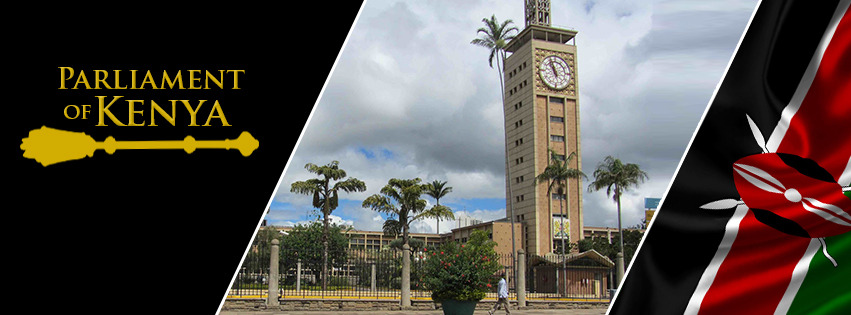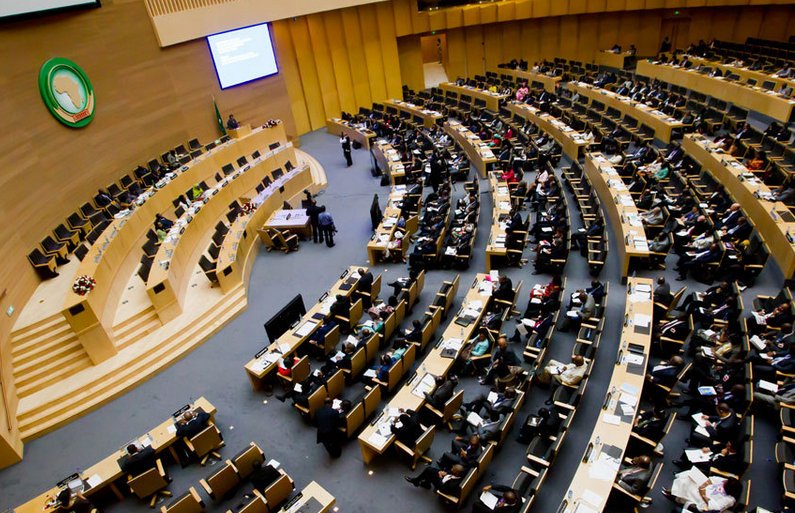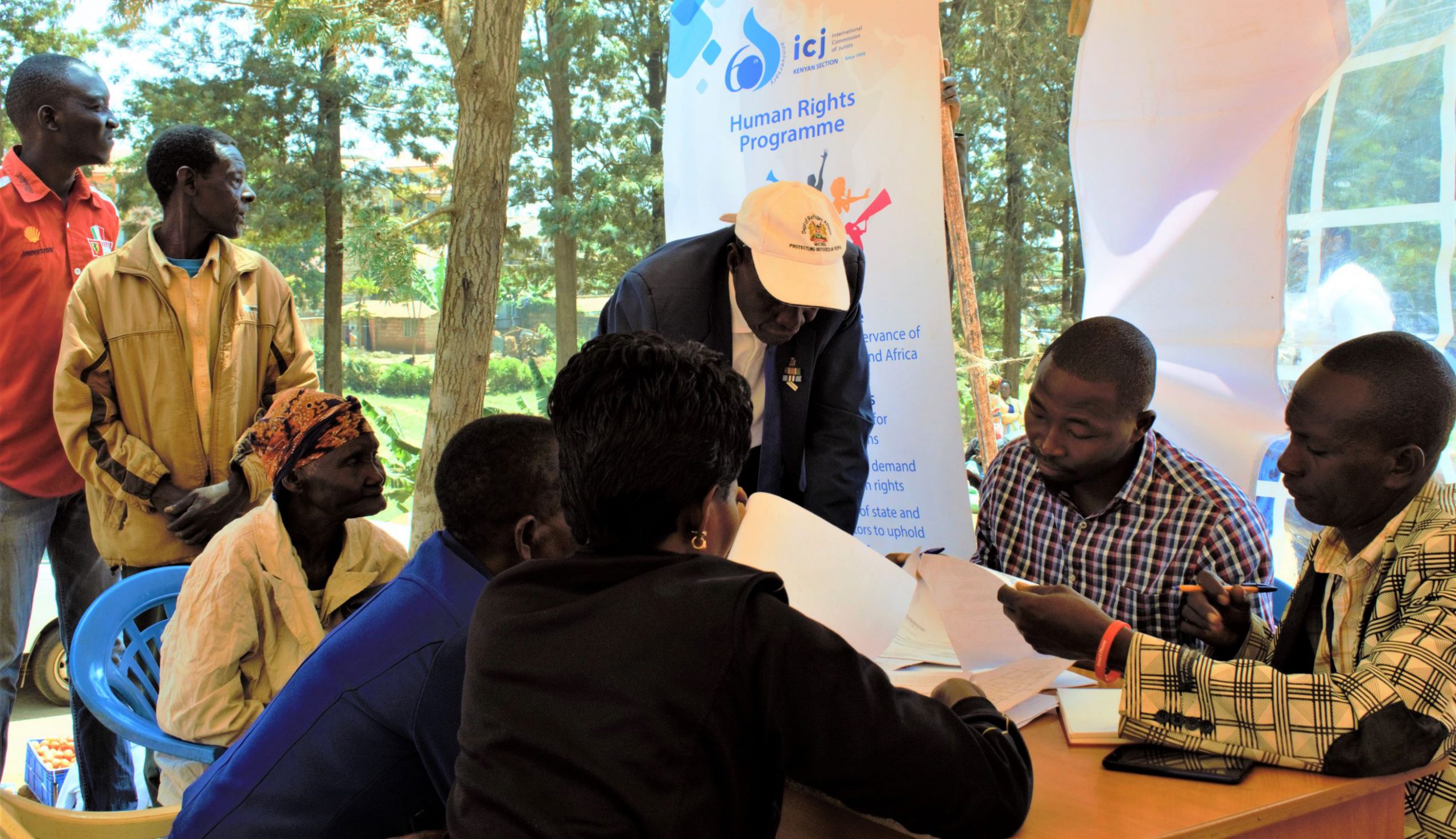An opinion by Jane Muhia
Over the tenure of the 11th and 12th Parliaments Statute Law Miscellaneous Amendment Acts (herein after Miscellaneous Amendments) have become synonymous with controversial provisions sneaked in under the disguise of minor amendments.
The amendments introduced through Miscellaneous Amendments have been significant changes. The establishment of the National Integrated Identity Management System (NIIMS) that introduced the controversial Huduma Number, was through Miscellaneous Amendment Act, 2018. [1]Similarly, the Statute Law Miscellaneous Amendment Bill, 2019, that is already now an Act, effects significant amendments to the Companies Act No 17 of 2015, Insolvency Act No 18 of 2015, the Legal Education Act No 27 of 2012 and the Prevention of Terrorism Act No. 30 of 2012 inter alia.
In 2015, the Law Society of Kenya had challenged the Miscellaneous Amendment Bill, 2015 in court because of proposed amendments to Section 30(3) of the Judicial Service Commission Act, that were argued to provide latitude for influence of the Presidency in the appointment of the Chief Justice and Deputy Chief Justice, a clear affront to the spirit of the 2010 Kenyan Constitution.[2] Further exacerbating the circumstances under which the subject Act was passed, was that the contentious amendments were introduced after the Bill had already been subjected to public participation.
What is the rationale for Miscellaneous Amendments?
The purpose of as was observed in Law Society of Kenya & Another (2016) e KLR, by the five judge bench is, ‘it is therefore clear that both on policy and good governance, which is one of the values and principles of governance in Article 10 of the Constitution, which values and principles form the foundation of our State and Nation as decreed in Article 4(2) of the Constitution, omnibus amendments in the form of Statute Law Miscellaneous legislations ought to be confined only to minor non-controversial and generally house-keeping amendments.
In that case the Court cited the position in other jurisdictions including Australia, Canada and the United States of America. The purpose of Miscellaneous Amendments as generally accepted even in the jurisdictions mentioned above is to introduce minor, non-controversial amendments or to repeal spent or redundant legislation. Consequently, the intention ought to be to avoid having many small separate bills that seek to introduce small minor amendments to various Acts. According to the Canadian Miscellaneous Statute Law Amendment Program, for instance, for a Bill to qualify as a Miscellaneous Amendment it must not be controversial, not involve the spending of public funds and not prejudicially affect the rights of persons or subject a new class of persons to an existing offence.[3]
Quite ironically in Kenya the Miscellaneous Amendments Bills have been used to introduce some very controversial amendments in law, which is a clear indicator that the legislators are not acting in good faith creating a lot of suspicion and mistrust amongst citizens. The power to legislate is delegated to democratically elected representatives by the people of Kenya, who have all the sovereign power. That power must thus be exercised in accordance with the national values and principles of governance under Article 10 of the Constitution and acting to the contrary is a direct violation of the Constitution.
To buttress the controversies around Miscellaneous Amendments as was cited in the Law Society of Kenya & Another (2016) e KLR,
‘ the practice in the United States of America as stated by Louis Massicotte,[4] is varied with some states permitting omnibus bills and other restricting bills to a single issue. In a 1901 American case of Commonwealth vs. Barnett (199 US. 161) the court stated that:
“Bills, popularly called omnibus bills, became a crying evil, not only from the confusion and distraction of the legislative mind by the jumbling together of incongruous subjects, but still more by the facility they afforded to corrupt combinations of minorities with different interests to force the passage of bills with provisions which could never succeed if they stood on their separate merits”.
The Court also noted further observations by Louis Massicotte:
The real question, however, beyond the convenience of the government or of the opposition parties, may well be: is the public interest well served by omnibus bills? Take for example the clause-by-clause study in committee. When a bill deals with topics as varied as fisheries, unemployment insurance and environment, it is unlikely to be examined properly if the whole bill goes to the Standing Committee on Finance…”
These observations raise very valid concerns that are a reality even in the Kenyan context. For instance, the Miscellaneous Amendment Bill, 2019 was considered by the Committee of the Whole House of Parliament in spite of the numerous Acts cutting across various subjects that were under consideration. It is important to note that Hon. T.J Kajwang, raised similar concerns on the manner in which the Miscellaneous Amendments Bills were being used during the Parliamentary proceedings over the 2019 Bill, and a number of other Members of Parliament agreed that the Bill was not proper in principle.[5] It is difficult to ignore the question of whether there was enough time and opportunity for the legislature to consider the Bill with the keenness it deserved, given the legion of amendments proposed therein.
It is thus clear that there are challenges with the manner in which Miscellaneous Amendment Bills are used in Kenya and if as a country we are committed to the realisation of the transformation envisioned by the drafters of the Constitution of Kenya, 2010 we must loathe short cuts and adhere to the values enshrined under the Constitution, as the supreme law of the land.
In conclusion therefore, there is a clear need for more lobbying and concerted efforts toward a policy on the purpose of such Bills and the scope of legislative amendments that can and those that cannot be introduced by way of Miscellaneous Amendments.
[1] Section 9A, The Statute Law(Miscellanous Amendments) Act, 2018
[2] Law Society of Kenya v Attorney General & Another (2016) eKLR
[3] Paragraph 232, Law Society of Kenya v Attorney General & Another (2016) eKLR
[4] Omnibus Bills in Theory and Practice, Canadian Parliamentary Review, Vol. 36 No. 1 2013, p. 14,
[5] National Assembly, Hansard Report Thursday, 9th May 2019 at 9.30 a.m. and National Assembly, Hansard Report Thursday, 9th May 2019 at 2.30 p.m available at http://www.parliament.go.ke/the-national-assembly/house-business/hansard (accessed 7 August 2019)
Jane Muhia serves as the Programme Officer, Economic Governance; Democratic Governance and Rule of Law Programme at ICJ Kenya. Jane is an advocate of the High Court of Kenya who is passionate about constitutional law issues, development and the law, law and policy development and legal empowerment.











